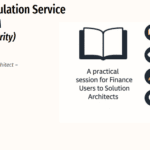

EM501 – Understanding Expense Management Dynamics 365 Project Operation: A Solution Architect’s Perspective
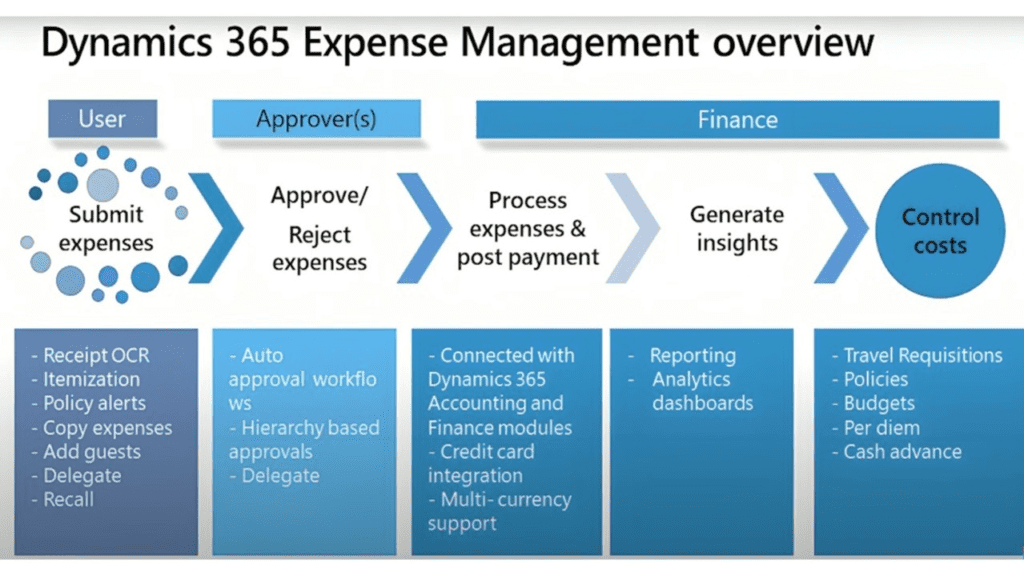
Table of Contents
ToggleIntroduction
In today’s dynamic business environment, effective expense management is crucial for maintaining financial health and operational efficiency. As organizations strive to enhance their expense tracking and reporting processes, understanding the intricacies of expense management becomes paramount. In this article, we will explore what expense management entails, its significance, and the key components that make up an effective expense management solution, particularly within the context of Dynamics 365 Project Operation.
What is Expense Management?
Expense management refers to the systematic process of tracking, managing, and controlling employee expenses incurred during business activities. This includes costs associated with travel, meals, accommodation, office supplies, client entertainment, and training, among others. An effective expense management system ensures that all expenditures are accurately recorded, compliant with company policies, and reimbursed in a timely manner.
Why is Expense Management Important?
- Cost Control and Budgeting: Effective expense management helps organizations monitor spending patterns, enabling them to set realistic budgets and control costs. By analyzing historical expense data, businesses can identify trends and make informed decisions about future expenditures.
- Compliance and Accountability: A robust expense management system enforces compliance with company policies and legal regulations. It ensures that all expenses are justified and documented, reducing the risk of fraud and misuse of funds.
- Streamlined Processes: Automating expense reporting and approval workflows saves time and reduces administrative burdens on employees and finance teams. By minimizing manual data entry and paperwork, organizations can enhance productivity and focus on strategic initiatives.
- Enhanced Employee Experience: A user-friendly expense management system simplifies the reimbursement process for employees. Providing mobile access and streamlined submission processes increases employee satisfaction and encourages compliance with expense policies.
Key Components of an Effective Expense Management Solution
- Expense Categories: Classifying expenses into categories (e.g., travel, meals, lodging) allows for better tracking and reporting. Each category should have specific guidelines to ensure consistency and compliance.
- Mobile Accessibility: With the rise of remote work and business travel, having a mobile app for expense management is essential. Employees should be able to submit expenses, capture receipts using Optical Character Recognition (OCR), and track their reimbursements from their mobile devices.
- Approval Workflows: Automating approval workflows helps organizations maintain oversight and control over expenses. The system should allow for configurable workflows that route expense reports to the appropriate approvers based on pre-defined criteria.
- Integration with Financial Systems: A seamless integration with the general ledger and financial reporting systems is vital. This ensures that all approved expenses are automatically posted to the correct accounts, providing real-time visibility into financial data.
- Reporting and Analytics: Comprehensive reporting tools are crucial for analyzing expense data. Organizations should be able to generate reports that provide insights into spending patterns, budget adherence, and compliance with expense policies.
Conclusion
Understanding expense management from a solution architect’s perspective is essential for organizations looking to optimize their financial processes. By implementing an effective expense management solution, businesses can enhance cost control, improve compliance, streamline workflows, and ultimately provide a better experience for employees.
As we move forward in this series, we will explore practical scenarios within the Expense Management module of Dynamics 365 Project Operation, providing insights and actionable strategies to enhance your organization’s expense management processes. Stay tuned for the next article, where we will dive into the specifics of streamlining employee business travel with Expense Management in Dynamics 365 Project Operation.
Expand Your Knowledge: See More Expense Management Blogs
I am Yogeshkumar Patel, a Microsoft Certified Solution Architect and Enterprise Systems Manager with deep expertise across Dynamics 365 Finance & Supply Chain, Power Platform, Azure, and AI engineering. With over six years of experience, I have led enterprise-scale ERP implementations, AI-driven and agent-enabled automation initiatives, and secure cloud transformations that optimise business operations and decision-making. Holding a Master’s degree from the University of Bedfordshire, I specialise in integrating AI and agentic systems into core business processes streamlining supply chains, automating complex workflows, and enhancing insight-driven decisions through Power BI, orchestration frameworks, and governed AI architectures. Passionate about practical innovation and knowledge sharing, I created AIpowered365 to help businesses and professionals move beyond experimentation and adopt real-world, enterprise-ready AI and agent-driven solutions as part of their digital transformation journey. 📩 Let’s Connect: LinkedIn | Email 🚀
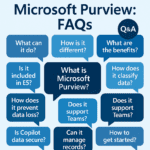
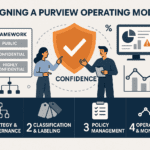
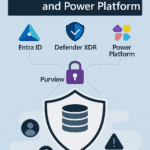
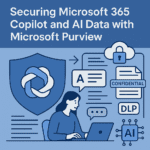

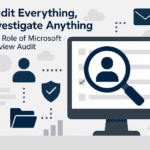

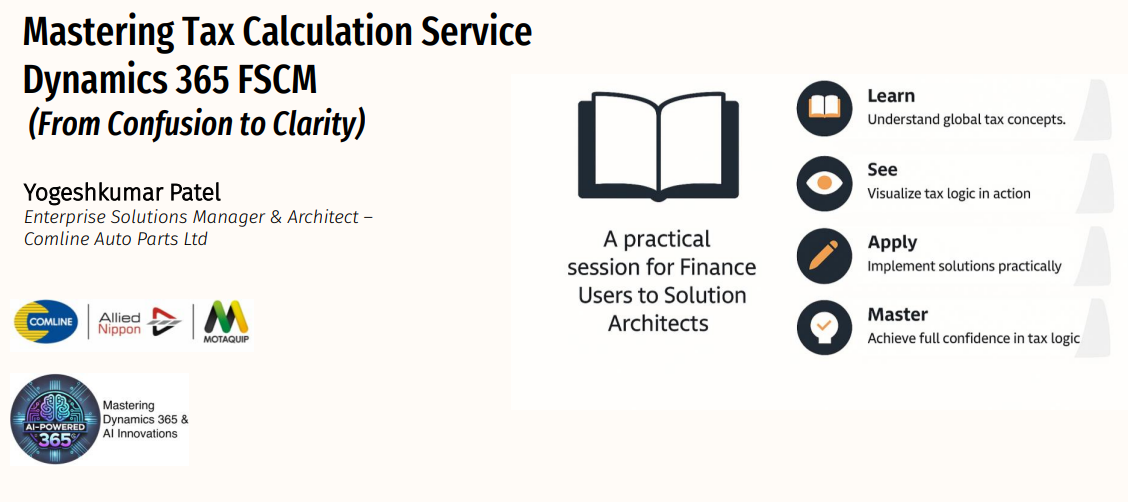
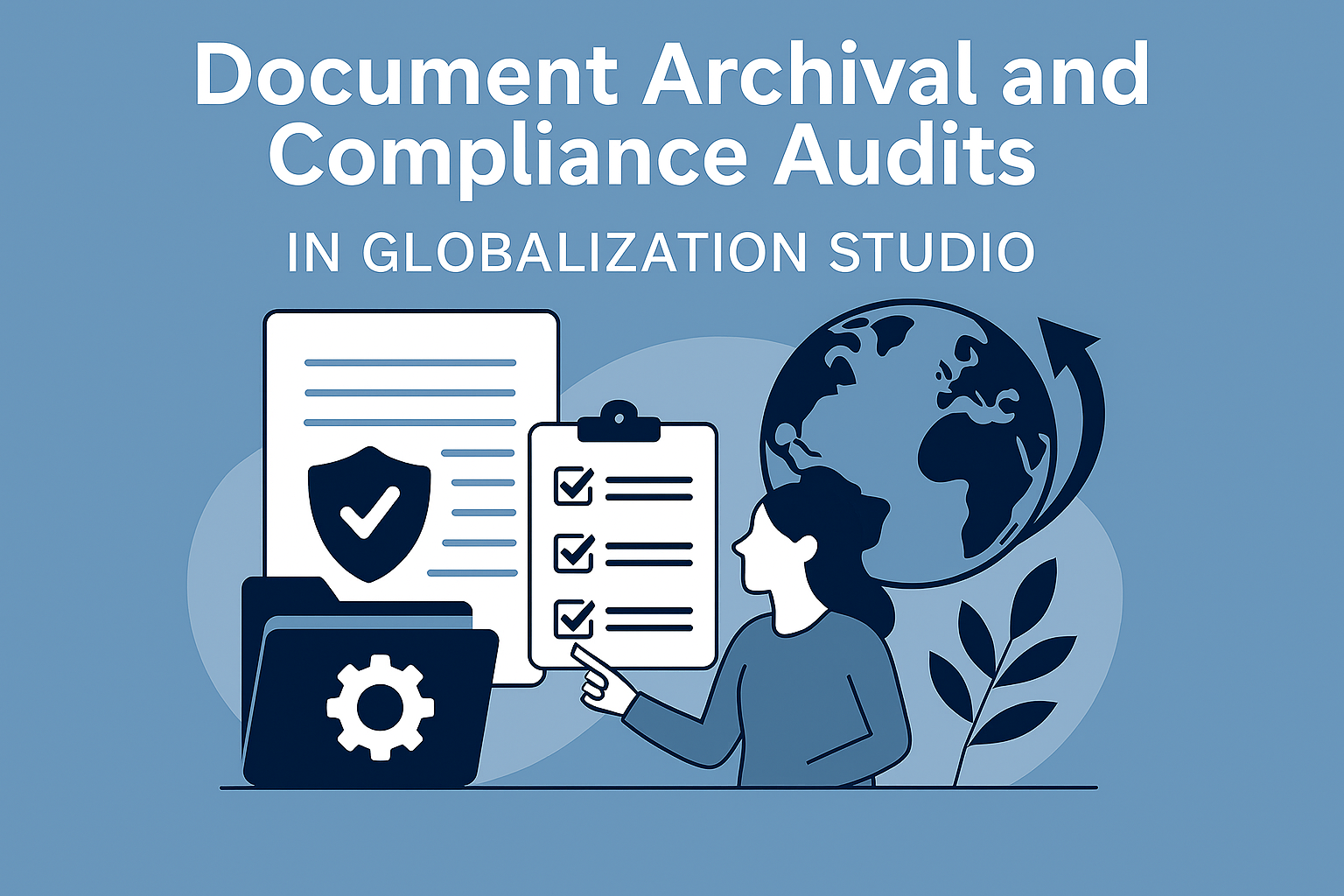
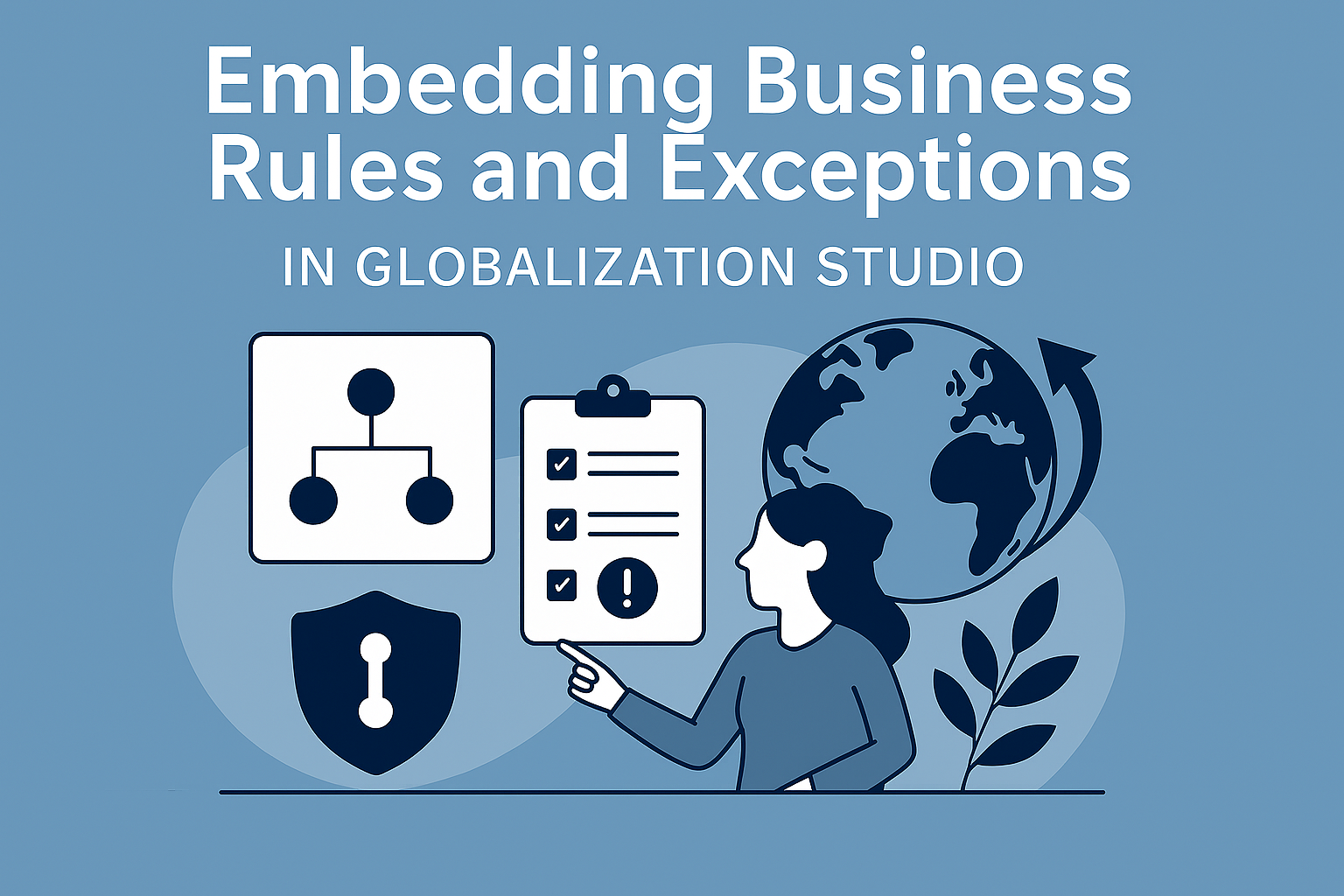










Post Comment